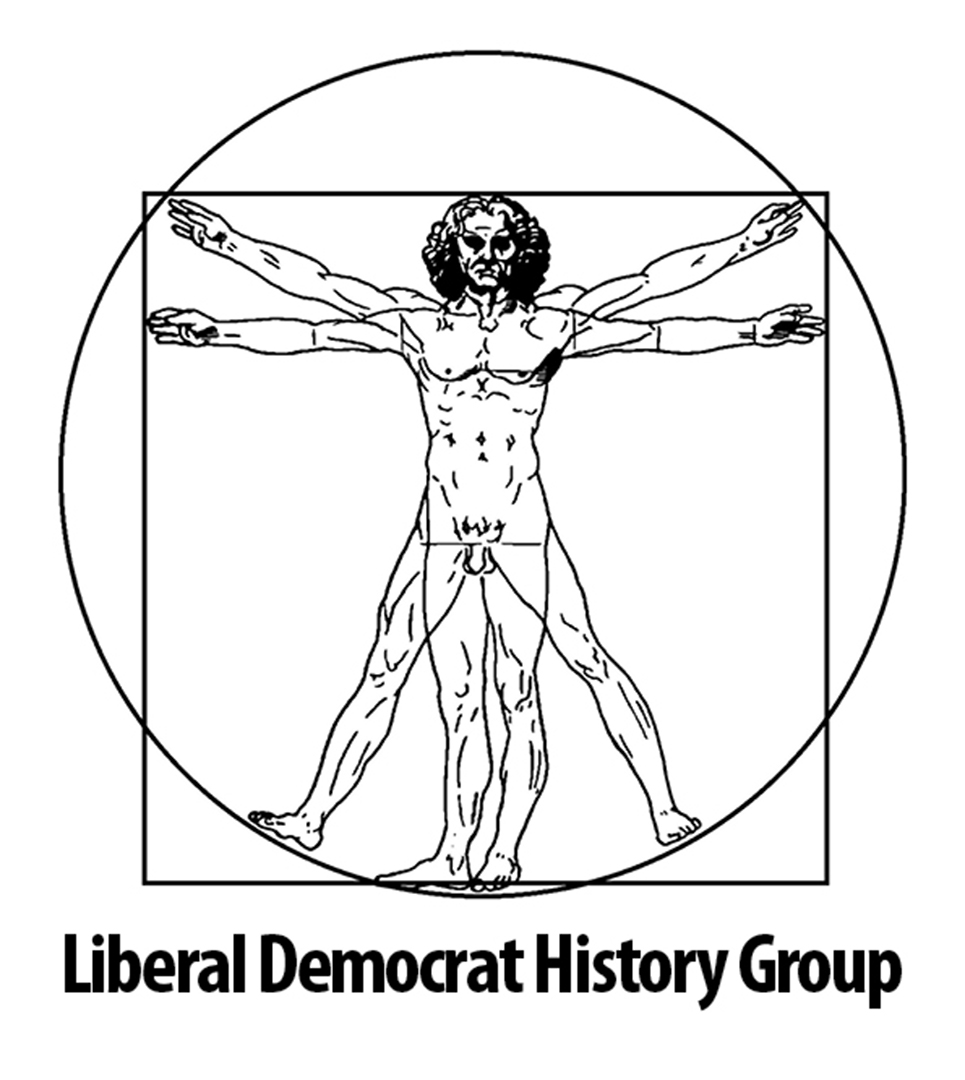Margaret Longbottom was born on 4 August 1879 at Keighley, Yorkshire, the daughter of David Longbottom, a schoolmaster, and his wife Hannah Sugden. A teacher by profession, she became headteacher of a school in Grimsby before marrying Thomas Wintringham, a timber merchant in 1903.
The Wintringhams were active Liberals, involved in numerous social and political movements, including the British Temperance Association and committees for the relief of industrial distress and First World War refugees. In June 1920 Thomas was elected to the House of Commons as MP for Louth on a swing of 11.8%, regaining a seat lost to the Conservatives in 1918. Margaret took up various civic duties in support of her husband, working with the Women’s Voluntary Aid Detachment and involving herself with efforts to improve food production in Lincolnshire.
Thomas died at the House of Commons on 8 August 1921, aged 54, and Margaret was nominated to succeed him as Liberal candidate for Louth. It was a brave choice, given that despite her record of voluntary work Wintringham’s political experience was slight and she was in mourning during the by-election campaign and did not speak in public. It was openly argued during the campaign that it would not be possible for a woman to represent agricultural interests. Nevertheless, on 22 September 1921, Wintringham held the seat, with a reduced majority of 791. She was the third woman to be elected to the House of Commons, the first Liberal and the first who was British-born.
Wintringham was an active parliamentarian, representing both her constituency and the views of women more generally. In economic debates she emphasised the need for expenditure on education, health and housing, which were sometimes regarded as women’s priorities. Consumer protection, nursery education, the rural unemployed, and criminal justice measures to protect women and girls were also matters she pursued; in 1924 she was a leading supporter of the Guardianship of Infants Bill, which aimed to equalise women’s rights of access to their children with men’s. She was also involved in campaigns to extend the franchise to women on the same basis as men and to enable women peers to sit in the House of Lords in their own right.
Wintringham became close friends with Nancy Astor, the first Conservative woman MP, and they served together on the Consultative Committee of Women’s Organisations. Wintringham acted as unofficial co-ordinator of the eight women elected to parliament in 1923, again seeking to promote issues principally of concern to women.
Popular in her constituency, Wintringham was re-elected in 1922 and 1923 but lost her seat in 1924, a disastrous year for the Liberal Party. In more normal circumstances she could have expected at least ten years in Parliament.
Her political career was not over, however. She was President of the Women’s Liberal Federation in 1925-26 and served on the party’s national executive committee. Although she failed to be re-elected as MP for Louth in 1929 and lost at Aylesbury in 1935, she was elected as an independent to Lindsey Council in 1933. She increasingly focused on campaigns for nursery education and to reduce maternal mortality and was a prominent member of the Nursery Association.
Describing herself as a ‘slow old cart cart-horse’ in contrast to the ‘prancing pony’ Astor, Wintringham was a Doughty campaigner whose commitment to the Liberal Party never wavered. Like most Liberal women of her generation, her party did not provide her with sufficient opportunity to make the most of her talents. By the time of her death, in London on 10 March 1955, she was little known even in Liberal circles.

